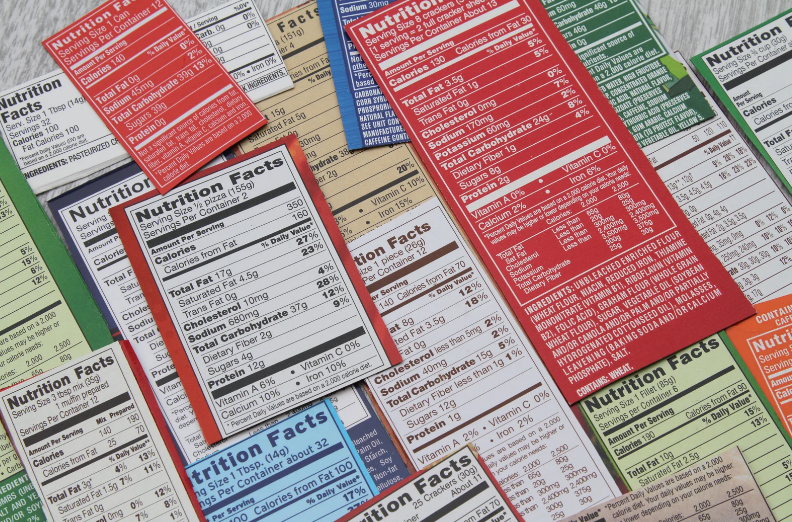Heart disease (cardiovascular disease) doesn’t usually happen overnight—it develops over time as a result of many small changes in the body and lifestyle that add up. At its core, heart disease often begins when the arteries that carry oxygen-rich blood to the heart become damaged or narrowed, reducing blood flow and forcing the heart to work harder. Understanding what contributes to this process can help you make informed choices to protect your heart health.
1. Plaque Buildup in the Arteries
One of the main causes of heart disease is atherosclerosis, a condition where fatty deposits (called plaque) build up inside the artery walls. Over time, plaque can harden or rupture, narrowing the arteries or causing blockages that lead to heart attacks or strokes. Plaque buildup often starts with damage to the inner lining of the arteries, which can be triggered by high blood pressure, smoking, high cholesterol, or inflammation.
2. High Blood Pressure
When blood pressure stays elevated over time, it puts extra strain on the heart and blood vessels. This pressure can damage artery walls, making them more prone to plaque buildup. Uncontrolled high blood pressure (hypertension) is one of the most common and serious risk factors for heart disease.
3. High Cholesterol
Cholesterol is a waxy substance that your body needs in small amounts, but too much of the “bad” kind (LDL cholesterol) can lead to plaque formation. Low levels of “good” cholesterol (HDL), which helps remove excess cholesterol from the bloodstream, can also raise your risk.
4. Diabetes and Insulin Resistance
High blood sugar from diabetes or insulin resistance can damage blood vessels and the nerves that control your heart. People with diabetes are more likely to develop heart disease, especially if blood sugar levels aren’t well managed.
5. Smoking and Tobacco Use
Smoking damages the lining of the arteries, lowers oxygen in the blood, and raises blood pressure and heart rate. Even exposure to secondhand smoke can contribute to heart disease risk. The good news is that the benefits of quitting begin almost immediately and continue to improve over time.
6. Poor Diet
A diet high in saturated fats, trans fats, added sugars, and sodium can raise cholesterol levels, increase blood pressure, and promote inflammation—all of which raise heart disease risk. In contrast, a diet rich in fruits, vegetables, whole grains, lean proteins, and healthy fats helps protect the heart.
7. Lack of Physical Activity
Regular movement keeps your heart strong, supports healthy blood pressure and cholesterol levels, and improves circulation. A sedentary lifestyle is strongly linked to higher risk of heart disease, obesity, and other chronic health conditions.
8. Chronic Stress
Prolonged stress can raise blood pressure, trigger inflammation, and lead to unhealthy coping habits like overeating or smoking. Learning ways to manage stress—through mindfulness, physical activity, or relaxation techniques—can help reduce its impact on heart health.
9. Excessive Alcohol Intake
Drinking too much alcohol can raise blood pressure, increase triglyceride levels, and contribute to weight gain. Moderate drinking—if at all—is recommended for heart health.
10. Genetics and Family History
Your family history can also play a role. If you have close relatives who developed heart disease at an early age, you may be at higher risk. However, lifestyle choices still make a significant difference—genetics may load the gun, but lifestyle often pulls the trigger.
The Takeaway
Heart disease is influenced by a combination of lifestyle, environment, and genetics, but many of the key risk factors are preventable and reversible. By focusing on daily habits—eating well, staying active, managing stress, avoiding tobacco, and maintaining a healthy weight—you can lower your risk and strengthen your heart for the long run.
_______________________________________________
References:
-
Centers for Disease Control and Prevention (CDC). “Heart Disease Facts.” Updated 2025.
-
American Heart Association. “Understand Your Risk for Heart Disease.”
-
National Institutes of Health. “What Causes Heart Disease?”












